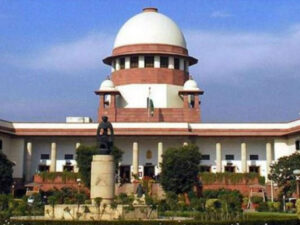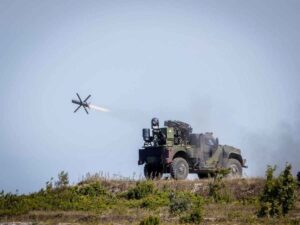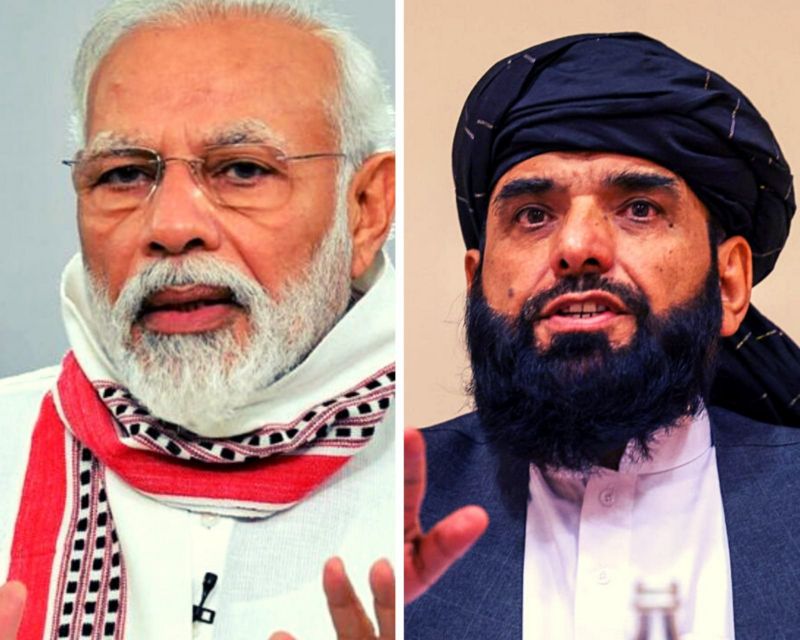
The speed with which the Taliban took control of Kabul, the capital of Afghanistan, was probably not anticipated by many countries and the government of Afghanistan itself.
Otherwise, a day before, former President of Afghanistan Ashraf Ghani would not leave the country the very next day after addressing the countrymen with a video message. Nor would America shut down its embassy in an emergency and evacuate people in a hurry.
In such a situation, the Ghani government of Afghanistan and America’s partner India are also finding themselves in a strange situation today.
While China and Pakistan seem somewhat confident about the new developments in Kabul due to their friendship with the Taliban, India is currently busy evacuating its people from Kabul in a hurry.
India has never officially recognized the Taliban, but in June this year, reports of ‘backchannel talks’ between the two dominated the Indian media. The Indian government did make a statement talking to “different stakeholders” to prevent the matter from building up.
But who knew everything would change so quickly in two months. Will India still adopt the same strategy in the midst of the latest situation in Kabul? This is the biggest question in today’s date.
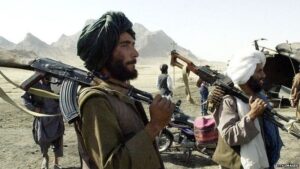
- Relations between Taliban and India
The major reason why India has not started direct talks with the Taliban so far has been that India considered the Taliban helpful and responsible in the attacks on Indian missions in Afghanistan.
The hijacking of the IC-814 plane in India in 1999 and the release of Jaish-e-Mohammed chief Maulana Masood Azhar, Ahmed Zargar and Sheikh Ahmed Omar Saeed in return is still fresh.
Another major reason why India did not talk to the Taliban has been that doing so could have jeopardized its relations with the Afghan government, which have historically been very cordial. But now the situation has changed.
But after the latest developments, what will India do? No statement has come from the government on this yet.
The fact is that in the last few years, the Indian government has invested about three billion US dollars in reconstruction projects in Afghanistan. Hundreds of Indian professionals are working in many projects ranging from Parliament to building roads and dams.
About 1700 Indians live in Afghanistan. In the last few days, there have been reports of many people leaving Afghanistan. Apart from this, an Air India plane with about 130 passengers returned to India on Sunday. According to reports, now all commercial flights from Kabul airport have been canceled.
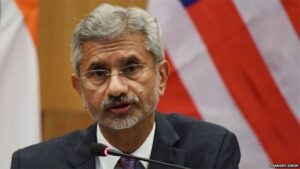
- What should India do next?
Shanti Marriott D’Souza is Professor at Kautilya School of Public Policy. He has worked in Afghanistan and has also done his PhD on it. In a conversation with the BBC, she says, “India should understand the fact that now the Taliban has occupied Kabul and soon they are going to take power in Afghanistan. In such a situation, India has two ways – either India in Afghanistan Remain or shut everything down to the role of the 90s. If India takes another path, then whatever India has done there in the last two decades will end.”
Dr. D’Souza says- I think as a first step, India should try to establish dialogue with Taliban by adopting middle path, so that what India was doing now for the development of Afghanistan, that role ( On a symbolic or at least level) he can continue even further.
She says that India is not going to benefit much in the long run by taking out all the Indians from there. Any decision taken in a hurry is not going to do much good.
She also gives reasoning behind her words.
According to him, “This is because before August 15, it was believed that an interim government could occupy power in Afghanistan, but after Sunday the situation there has completely changed. There was no obstacle in the way of the Taliban. India witnessed the Kandahar plane hijacking incident in 1990, when Afghanistan was ruled by Taliban and India closed its embassies, India also saw the expansion of anti-India factions. In 2011, India had strategic relations with Afghanistan. The partnership agreement was signed, in which India had promised to support Afghanistan in all respects.
- Change in attitude of Taliban
By the way, no anti-India statement has come out from the Taliban side in recent times. The Taliban has never called India’s role in the development of Afghanistan wrong.
There is also a faction in the Taliban which also maintains a cooperative attitude towards India. When the issue of Article 370 came up, Pakistan linked it to Kashmir but the Taliban said that they do not care what India does in Kashmir.
There have been no reports of any major bloodshed since the capture of Kabul.
However, there has been concern at the international level that the life of women in Afghanistan will go from bad to worse after the Taliban rule comes.
But in a conversation with the BBC, the Taliban spokesman has clearly said that women will be allowed to study and work.
In such a situation, it is quite possible that Taliban 2.0 will be slightly different from Taliban 1.0. But the Taliban has changed the face or the mirror – the opinion of the experts is divided on this.
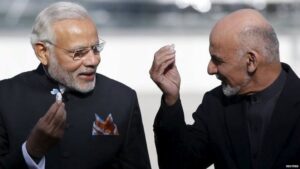
- India will not be in a hurry
Professor Harsh V Pant is the head of the Strategic Studies Program at the Observer Research Foundation in New Delhi.
According to him, “India’s priority right now will be to evacuate its citizens. After that, India will see how the Taliban’s attitude is in the coming days. When and how do other countries of the world recognize the Taliban and how does the Taliban maintain their global status? India can start talks with Taliban only if Taliban also agree to talks. There should be no difference between Taliban statement in media and their action on the ground. Even though Taliban is saying that it will take revenge on someone. Will not take, will not kill anyone, but the news coming from the provinces which they have captured before Sunday, it seems that there is a difference between their words and deeds. “
Professor Pant says, “Media talks are also being said because Taliban still needs global acceptance. Taliban representatives had gone to China in the past. There they must have got advice on how to appear internationally. But Britain “Early signals from the US and other Western countries have not been encouraging for the Taliban. The way the President of America is being held responsible for the situation in Afghanistan, it is clear that Western countries are not going to recognize the Taliban so soon.”
“As for India, whenever the government changes in the neighboring country, India talks to them. In Afghanistan too, India will do the same, but when the right time comes. That right time will come when other countries who think like India Also move towards recognizing Taliban. If Taliban 2.0 is the same as Taliban 1.0, then India will have no use in negotiating with Taliban.
Professor Pant says, “India can take the help of Russia to negotiate with the Taliban so that India’s interests can be protected in Afghanistan. Apart from this, India’s eyes are also on Saudi Arabia and UAE to see what they do next. In 1990, Pakistan, UAE and Saudi Arabia first recognized the Taliban.
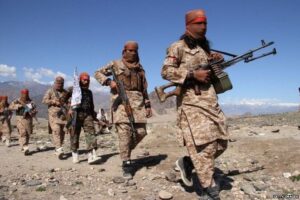
- Challenges for India
The rise of the Taliban occurred in the 90s when Soviet troops were withdrawing from Afghanistan. The Taliban movement is believed to have emerged in the first religious madrasas.
The fundamentalist beliefs of Sunni Islam were propagated in this movement. They later promised to establish peace and security in the Pashtun region, as well as to implement a radical version of Sharia law.
Because of this, Professor Pant believes that there is no model for the Taliban to run the rule in Afghanistan. He has a fundamentalist ideology of his own which he wants to implement. Till now his agenda was to remove America from Afghanistan, in which he has been successful. But even after this, unity will remain in all their factions, it is difficult to say right now.
Until the process of a new political order in Afghanistan begins, it is difficult to say anything. India would like to have a role of the Northern Alliance in it. But the priority of the Taliban will be to implement Sharia law there and not to maintain relations with their neighboring countries. In such a situation, there may be a clash of ideologies between India and the Taliban.
At the same time, Dr. D’Souza says that with the Taliban occupying Kabul, India will face challenges on three levels. The first is related to security.
Terrorist groups affiliated with the Taliban, such as Jaish, Lashkar and the Haqqani Network, have so far had an ‘anti-India’ image. Secondly, there may be difficulties in the issue of trade, connectivity and economic development in Central Asia. The location of Afghanistan is similar.
The third problem would involve China and Pakistan, which already have good relations with the Taliban.

